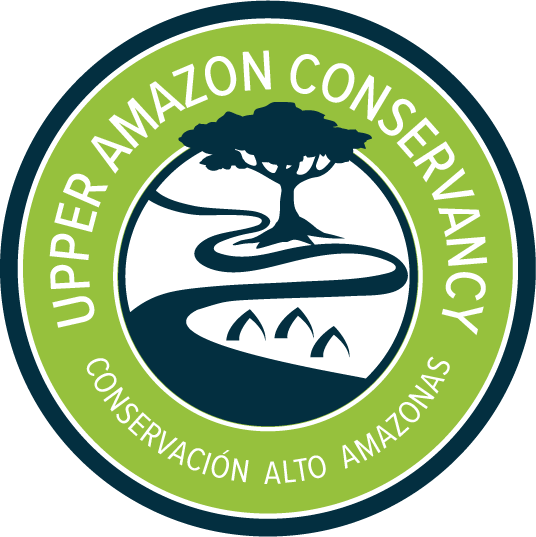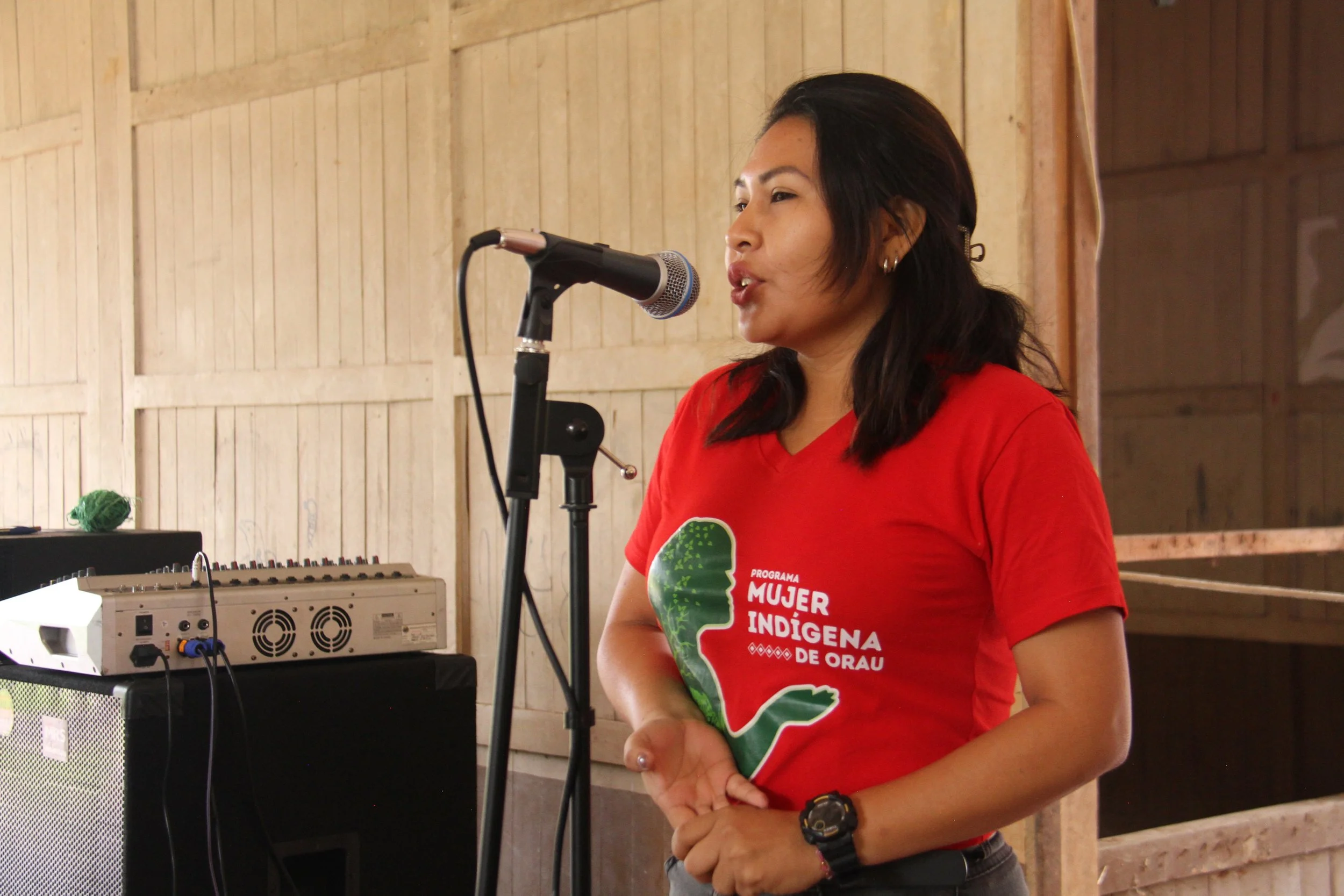Indigenous women from Peru and Brazil exchange experiences in family economy
The "Second Exchange of Experiences between Indigenous Women from Peru and Brazil on Family Economy in the Yurúa-Juruá Transboundary Context" took place in Breu, Yurúa, bringing together female leaders from 12 native communities to share knowledge and strengthen cooperation in family economy and sustainable development.
A Bridge of Knowledge and Cooperation
This meeting, held on May 29th and 30th, served as a bridge of knowledge and cooperation between indigenous communities of both countries, focusing on family economy and sustainable development from gender, cultural, and community perspectives.
Organized by the Indigenous Women Program (PMI) of ACONADIYSH, with technical support from UAC, and with the participation of PMI ORAU, all based in Peru. Also participating were the indigenous organizations OPIRJ and APIWTXA, based in Brazil, facilitating an exchange of ideas and practices.
Testimonials from Women Leaders
Stany Perez, Asháninka leader and coordinator of PMI ACONADIYSH
For us, in the Asháninka community, strengthening indigenous economy is important to support our households and our children, by valuing our crafts, songs, decorations, kushmas, and designs.
Damiana Marçal, Kashinawá leader of the native community Vida Nova-Río Breu, OPIRJ
Here, with my family, we learned that we can work together with women from other ethnic groups and bring our knowledge to the village to work with indigenous peoples, particularly with village women.
Iniria Piyãko, Ashéninka leader from APIWTXA
I came to participate in the meeting from APIWTXA, focusing on cooperative efforts, how we can take it further, and not forgetting our customs. That's why I'm here.
Paola Cruz Flores, representative of PMI ORAU and from the Shipibo Konibo people
The role of indigenous women in family economy is important because indigenous women contribute to community development, household basket development, and nation-building.
Activities and Results
During the meeting, indigenous women strengthened through spaces of discussion and reflection, sharing ancestral knowledge and receiving current technical assistance on economy between both countries. In addition, mechanisms were created to address current challenges and seek to improve economic pathways in their territories. The event concluded with a barter and seed planting, reflecting ancient forms of economic activities within indigenous cosmology.
Communities such as Sawawo Hito 40, Koshireni, Santa Rosa, El Dorado, San Pablo, Victoria 2, Dulce Gloria, Nueva Bella, Shahuaya, Coronel Portillo from Peru, and Vida Nova and Apiwtxa from Brazil participated.
Conclusion
This exchange of experiences has proven to be an important step towards unity and cooperation among indigenous women from Peru and Brazil, who continue to be fundamental pillars in the economic development and cultural preservation of their communities.










